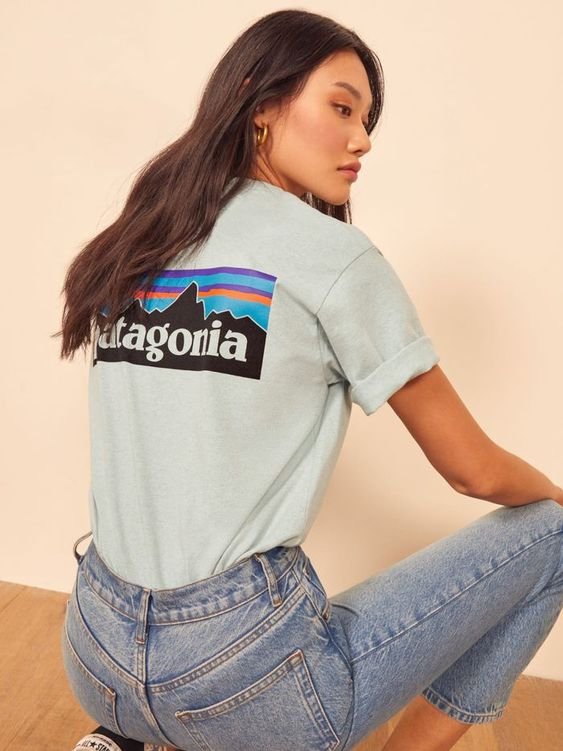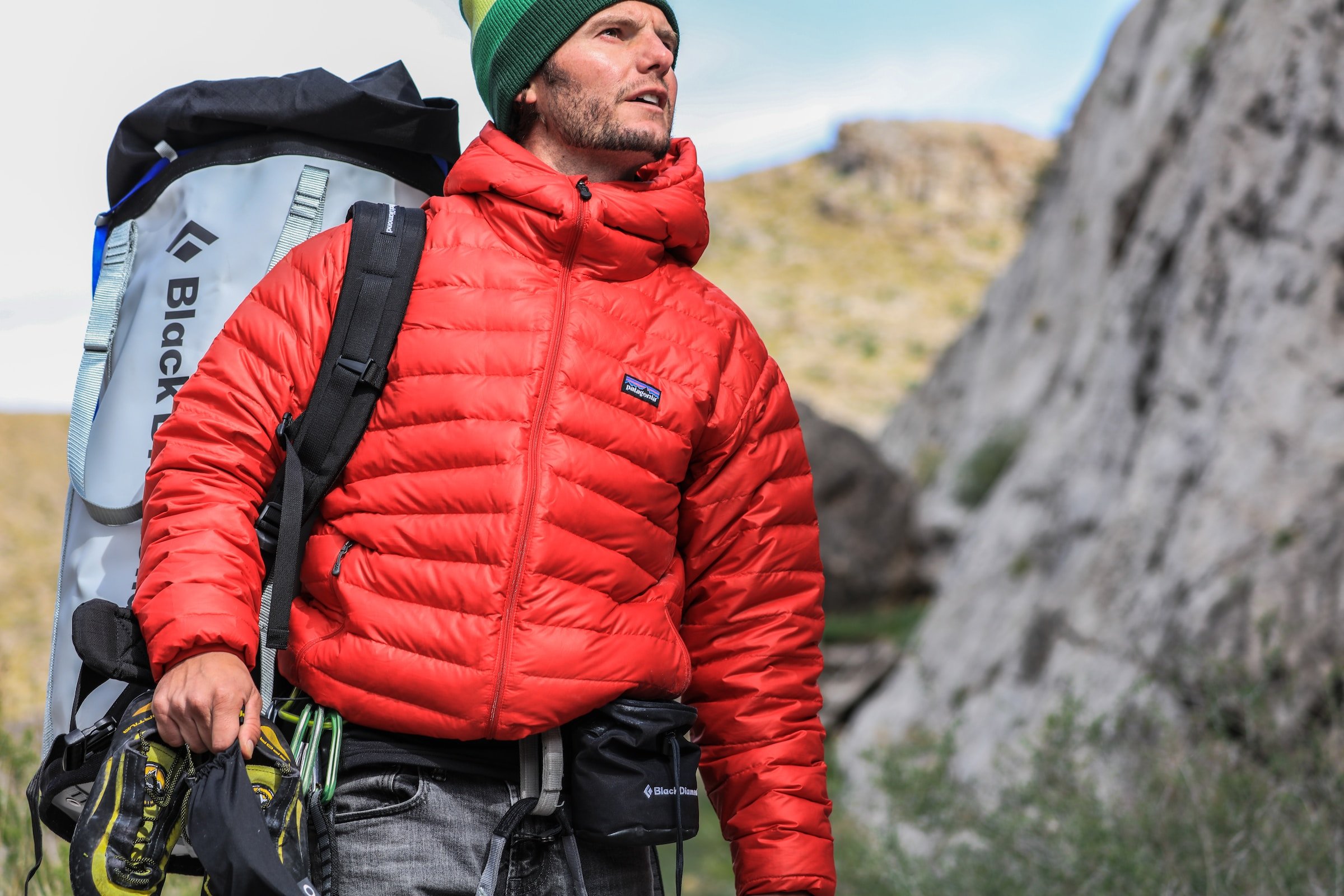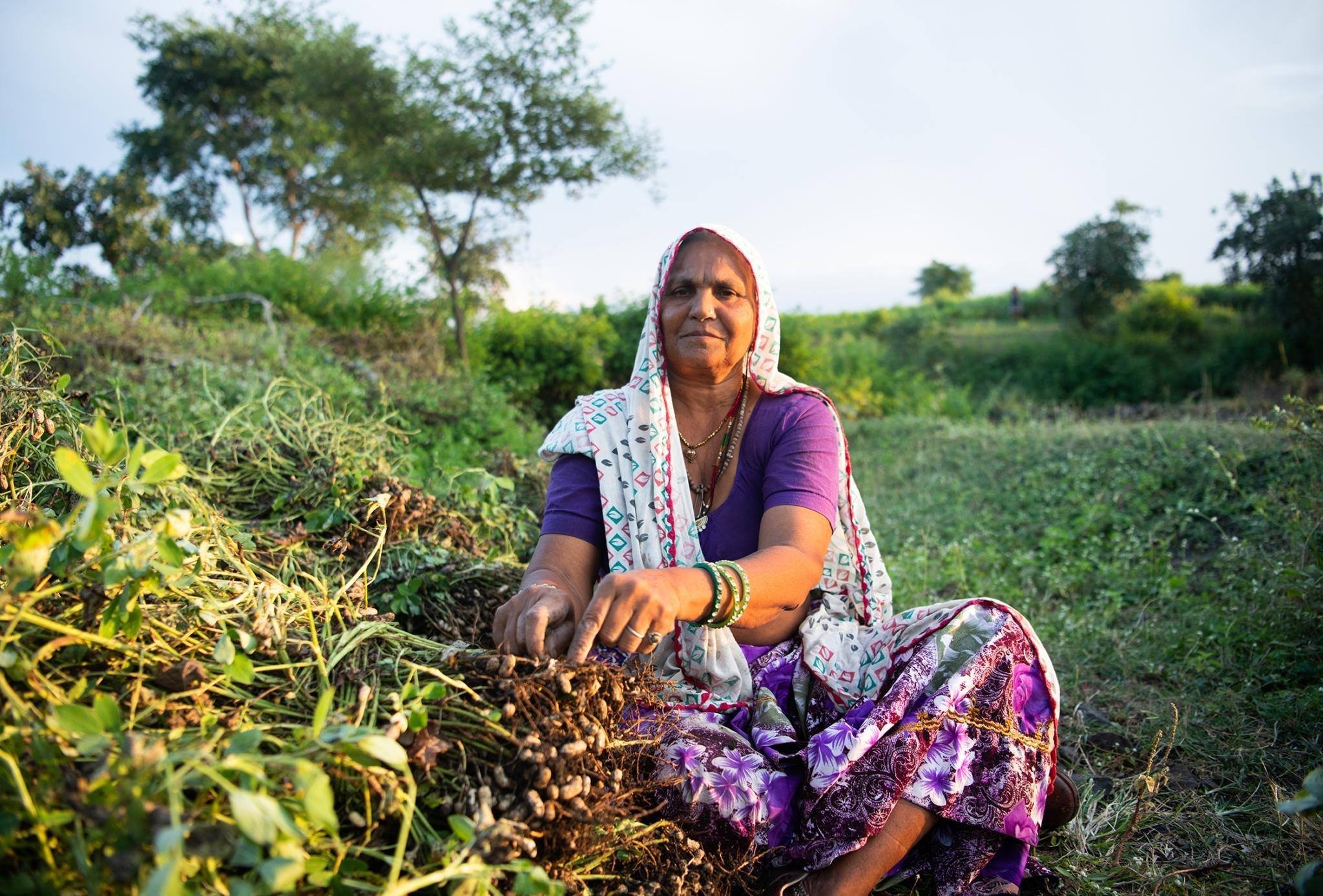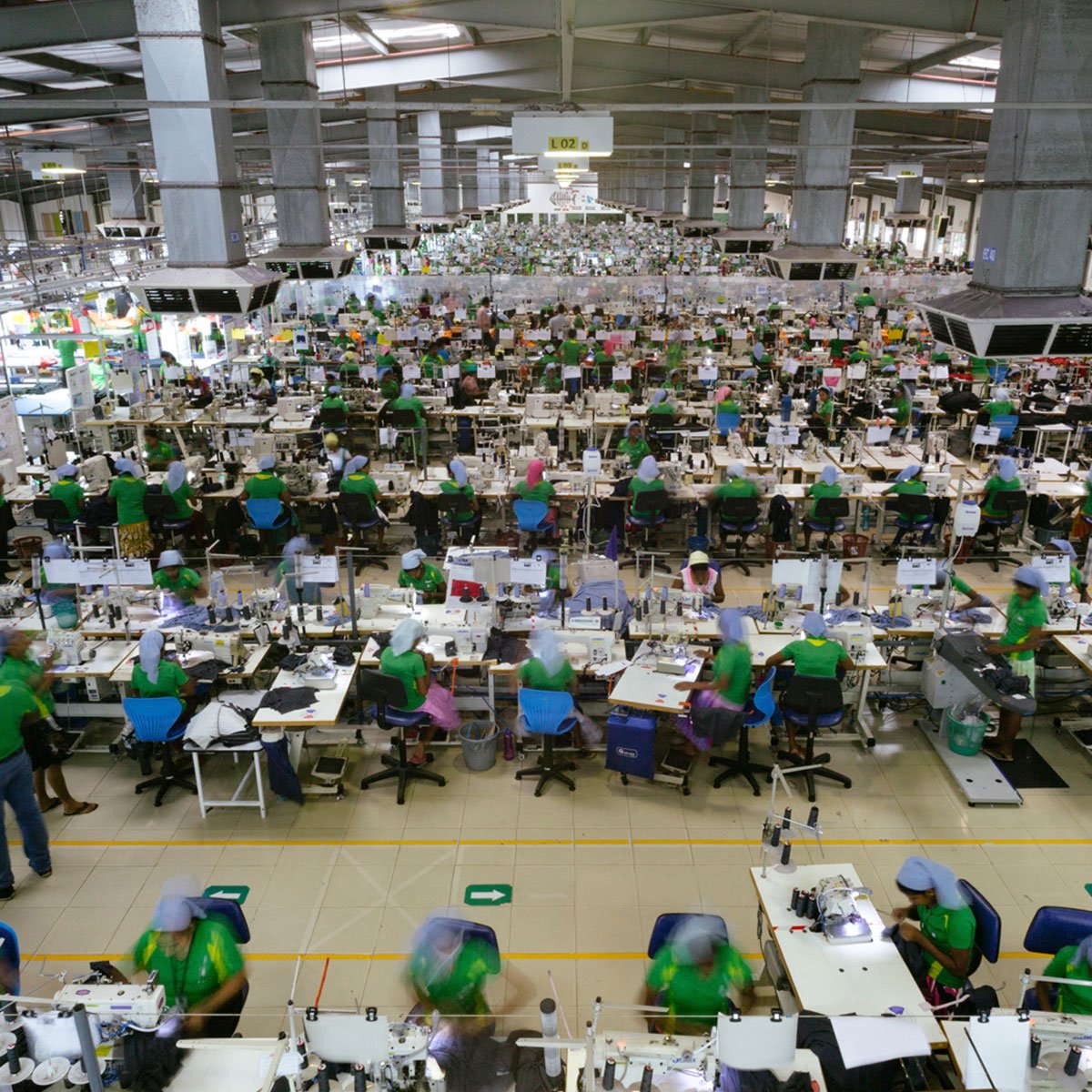Patagonia
Patagonia offers high-quality outdoor clothing and gear. While renowned for their environmental stewardship, we highlight Patagonia’s ethical manufacturing practices, Fair Trade standards and supply chain transparency.
About
Patagonia was founded in 1973, by Yvon Chouinard, an avid climber, and environmentalist, who found the existing equipment inadequate and harmful to the rocky cliffs he loved. This led him to create his own reusable climbing hardware, setting up a small business in his parent's backyard in Burbank, California.
Chouinard's innovative climbing equipment quickly gained popularity, but he realized the broader potential to make a difference in the outdoor apparel industry. There was a lack of durable, high-quality clothing that met the demands of outdoor enthusiasts while also being responsible towards people and the planet.
“Our goal is to not only minimise harm, but also create a positive benefit for the lives that we touch through our business.”
Through their partnership with Fair Trade USA, Patagonia ensures their workers are paid fair wages. For every Fair Trade Certified product Patagonia sells, they pay a premium directly into a special workers’ fund. The workers will decide collectively how to spend this fund, based on what they deem to be their community’s greatest needs: from scholarships and disaster relief funds to medical care and transportation. Workers can also vote to take the Fair Trade premium dollars as a cash bonus, which can be equivalent to an entire month’s salary or more.
As of 2023, 86% of Patagonia products are made in a Fair Trade factory. Their goal by 2025 is to be able to pay all individuals involved in the production of their clothing a 'living wage', which is currently only met in 40 percent of their factories. Patagonia is also a founding and accredited member of the Fair Labor Association® (FLA). This non-profit organisation holds companies accountable for their labour rights commitments by inspecting factories to check compliance and assisting companies in making necessary improvements.
Apart from the USA, Patagonia supply their goods from factories around the world including Sri Lanka, El Salvador, Thailand, Vietnam and Taiwan. Due to labour shortages, their Asian suppliers may employ foreign migrant workers (FMW) through third-party brokers who charge these workers significant fees for job placement, leading to potential bonded and forced labour. Patagonia primarily faces this issue in its Taiwanese fabric mills, where workers from countries like Thailand and Vietnam are charged up to $7,000 for jobs. Patagonia is very much aware of this issue and is taking steps to eliminate these fees with suppliers by collaborating with the broader industry to address widespread FMW issues, recognising that systemic changes are beyond a single company's efforts.
To ensure that their suppliers uphold ethical business standards and are not forced into unsafe workplace conditions, the outdoor apparel brand has established a Responsible Purchasing Practices agreement. This includes everything from clearly defining and adhering to agreed-upon order quantities to placing orders and forecasting and negotiating costs. They are constantly improving their Responsible Purchasing Practices and working with external organisations like FLA to reach their targets, including narrowing the gap between forecasted and actual orders.
Together with a group of farmers, business leaders and experts in soil health, animal welfare and social fairness, Patagonia helped found a new nonprofit, called the Regenerative Organic Alliance, to own and manage the Regenerative Organic Certified® programme. Through this initiative, they work with farmers to grow food and fiber with the highest organic standard, which aims to rehabilitate soil, respect animal welfare and improve the lives of farmers. To date, more than 2000 farmers are part of the programme.
Patagonia also gives back and supports more than 1000 groups working on issues from biodiversity to climate justice. These include grassroots and charity groups within Australia and New Zealand that followers can donate to as well.
Patagonia’s mission goes beyond saving trees and oceans; it's about people too. While they're making waves with their ecological efforts, they're equally hands-on with ensuring fair treatment for their farmers and workers stitching up their gear.
Products
Clothing and apparel
Certifications and Memberships
Fair Trade USA, B Corp. Regenerative Organic Certified
Website







